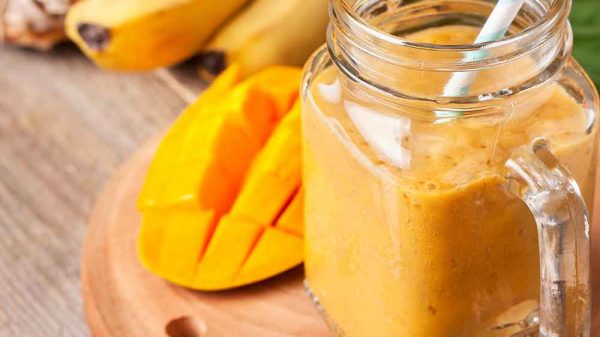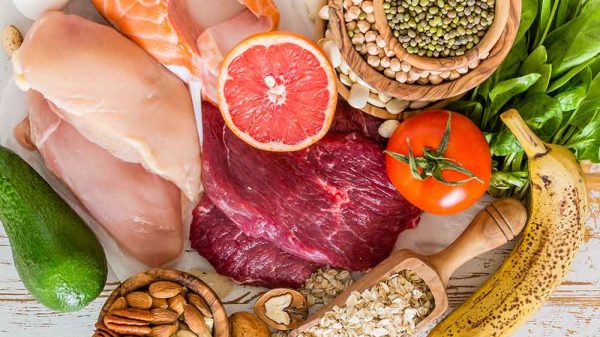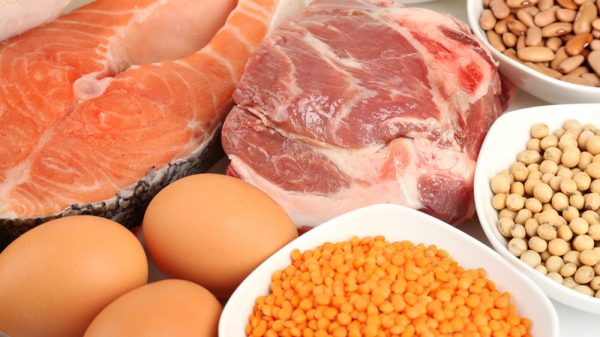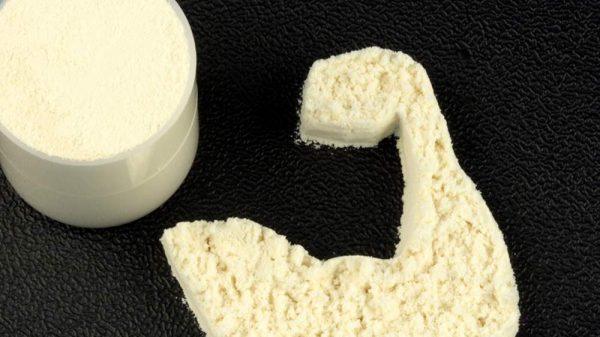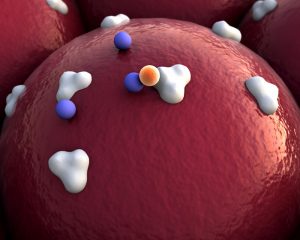Protein is a vital part of the human body, and we must get protein in our diets on a daily basis. But why is protein so important? The answer boils down to the building blocks of protein, which are also known as amino acids. Amino acids are critical for the human body to carry out nearly all biological processes.
Want to learn more about the building blocks of protein? Keep reading to find out more information, including how to make sure you’re getting all of the amino acids that you need in your diet.
What Are the Building Blocks of Proteins?
The basic building blocks of proteins are called amino acids. Let’s discuss the details of amino acids. First, it’s helpful to understand the structure of amino acids. Amino acids are nitrogenous compounds that all contain a carboxyl group and an amino group. A carboxyl group is made up of a carbon atom attached to an oxygen atom and a hydroxyl group. An amino group is a nitrogen atom bonded to two hydrogen atoms. Finally, each amino acid also contains an R group, which is also known as a side chain. The R Group on an amino acid is the distinguishing factor for amino acids. The chemical composition of this R group will determine the biochemical behavior of the amino acids, and ultimately the function of the protein as a whole.
Just like fatty acids are present in a chain, amino acids exist in chains called polypeptides. Amino acids in polypeptide chains are held together by peptide bonds. Depending on the chemical character of amino acids, these polypeptide chains orient in structures called alpha helices or beta sheets. These alpha helices or beta sheets interact to form a full protein structure.
Essential Amino Acids and Nonessential Amino Acids
Essential amino acids and nonessential amino acids are the two main groups of amino acids that are necessary for the human body to function properly.
Essential amino acids are indispensable to human health because the body is unable to manufacture them internally. As a result, we must obtain essential amino acids from the foods we eat on a daily basis. The essential amino acids are threonine, methionine, valine, leucine, isoleucine, histidine, tryptophan, lysine, and phenylalanine.
Nonessential amino acids, on the other hand, do not need to be obtained from the foods we eat on a daily basis. This is because the body can manufacture nonessential amino acids endogenously. There are 11 nonessential amino acids include proline, serine, glycine, tyrosine, glutamine, glutamic acid, arginine, aspartic acid, asparagine, alanine, and cysteine.
Of the nonessential amino acids, there is a subgroup of amino acids called the conditionally essential amino acids. These amino acids are only required under stressful conditions when the body is utilizing more nonessential amino acids than usual. As a result, it’s difficult for the body to keep up the production of these amino acids to match the demand. Conditionally essential amino acids include cysteine, glutamine, tyrosine, proline, serine, and arginine.
Protein Digestion
Protein digestion is absolutely critical to ensuring that the body can access all of the amino acids that it needs. What happens when we eat protein molecules? When we eat proteins, our teeth grind up the food in a process called mechanical digestion, which prepares the protein particles for further digestion in the stomach and small intestines.
Once the protein particles reach the small intestine, proteolytic enzymes help break peptide bonds and transform polypeptide chains into their original form. These individual amino acids are then absorbed into the bloodstream, where they can then be shuttled throughout the body to be used for various biochemical processes.
Even though our body has a system for protein digestion, it is still an energy-consuming process that can be difficult for the body, especially for those who have health issues like liver diseases or gastrointestinal disorders, or who have undergone. Protein digestion is also especially challenging for older adults whose digestive systems are less efficient.
Why Are Essential Amino Acids So Important?
Essential amino acids are absolutely vital to human health. The body requires essential amino acids for protein synthesis. For example, the muscle tissue in the human body is constantly turning over and must be replaced with new proteins each day.
Essential amino acids are also important building blocks of enzymes, which are proteins that catalyze biochemical reactions in all cells throughout the body. The body uses essential amino acids to support the immune system, produce neurotransmitters, and balance hormone levels.
Food Sources of Essential Amino Acids
Because essential amino acids must be obtained from dietary sources on a daily basis, let’s explore the foods that contain the essential amino acids that we need. Protein intake should be sufficient to provide optimal ratios of essential amino acids on a daily basis. You can ensure that your protein intake is sufficient by eating an abundance of high-quality proteins.
Omnivorous Diets
If you eat both plants and animals, animal proteins will likely be your primary source of protein. All animal products are complete proteins, meaning they contain ideal ratios of essential amino acids for protein function.
For example, chicken, turkey, fish, cheese, milk, and yogurt all contain balanced ratios of essential amino acids. If you’re looking for supplements that specifically contain balanced ratios of essential amino acids, reach for protein powders that contain whey or casein. Many of these protein powders contain added sugars or chemicals, so essential amino acid supplements are an excellent alternative.
Plant-Based Diets
If you eat primarily plants, it’s critical to combine a variety of plant proteins throughout the day. Unlike animal proteins, there is no single plant source of protein that contains balanced ratios of essential amino acids in one source.
The best plant-based proteins to combine throughout the day include whole grains, nuts, seeds, beans, and soy-based products like tofu. If you follow a plant-based diet, essential amino acid supplements are very useful for eliminating the hassle of balancing your protein sources throughout the day. Look for a vegan supplement that offers optimal ratios of essential amino acids.
The Building Blocks of Protein: The Bottom Line
Though protein is a vital component in the human diet, it’s really the amino acids that the body needs. To ensure that you’re getting all of the essential amino acids you need, make sure you eat high-quality animal products on a daily basis. If you follow a primarily plant-based diet, make sure you’re balancing your plant proteins throughout the day or choosing a high-quality supplement.

